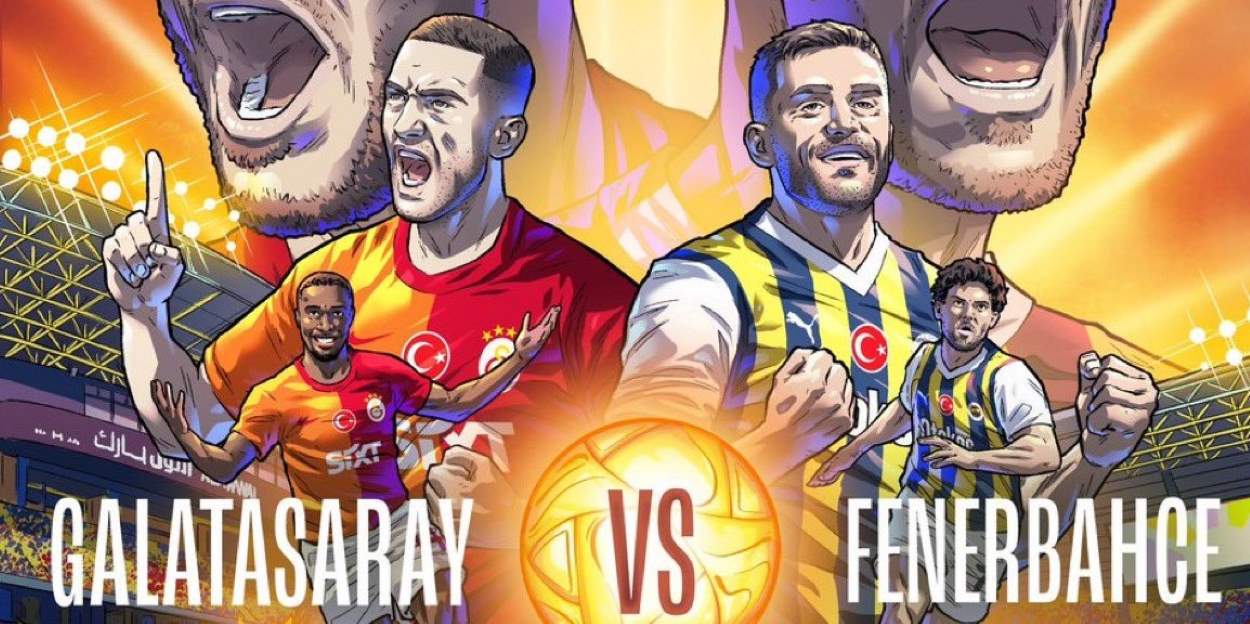The Turkish Super Cup final, a highly anticipated match between Galatasaray and Fenerbahce, was scheduled to take place in Riyadh, Saudi Arabia, but was abruptly postponed.
The clubs cited “some problems” in the event’s organization for the delay. Central to these issues were reports of the two Istanbul teams’ desire to wear t-shirts featuring Mustafa Kemal Ataturk, the founder of modern Turkey, during their warm-up. Saudi officials reportedly denied this request, leading to the clubs’ refusal to play at the King Saud University venue, also known as Al-Awwal Park Stadium.
Saudi state TV relayed a statement from the event organizers, Riyadh Season, attributing the cancellation to the teams’ non-compliance with match regulations. These regulations stipulate that the sport must be presented without slogans outside its scope. Despite prior agreements with the Turkish Football Federation (TFF) regarding these rules, the two teams allegedly did not adhere to the agreed terms.
The final’s postponement coincides with the 100th anniversary of the foundation of the secular Turkish Republic. The TFF and the clubs jointly announced the postponement, expressing gratitude to Saudi Arabia’s football federation and authorities for their organizational efforts. Reports of prohibitions against Turkey’s national anthem and flag at the final were also circulating, but the TFF confirmed their inclusion in the event.
Broader Context and Future of the Final
The postponement of the Super Cup final adds to a series of controversies in Turkish soccer, including the recent arrest of Ankaragucu’s president for violence and the temporary suspension of the Turkish league. The final’s new date and location remain undecided. This incident occurs amidst a recent thaw in relations between Turkey and Saudi Arabia, following President Tayyip Erdogan’s visit to Saudi Arabia to mend ties after the Jamal Khashoggi incident.
Upon their return to Istanbul, the Turkish soccer teams received a warm welcome from fans, who celebrated with Turkish flags and images of Ataturk. This event highlights the significance of soccer in diplomatic and cultural relations and reflects the complex interplay of sports, politics, and national identity.






